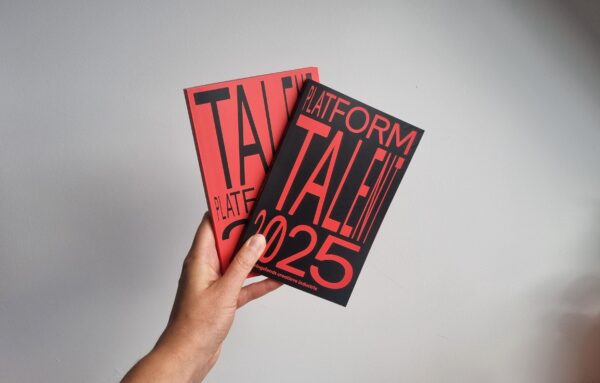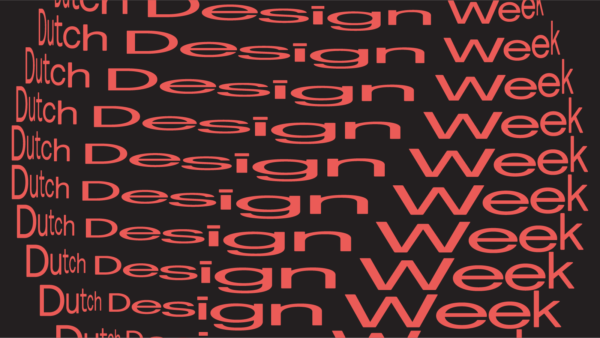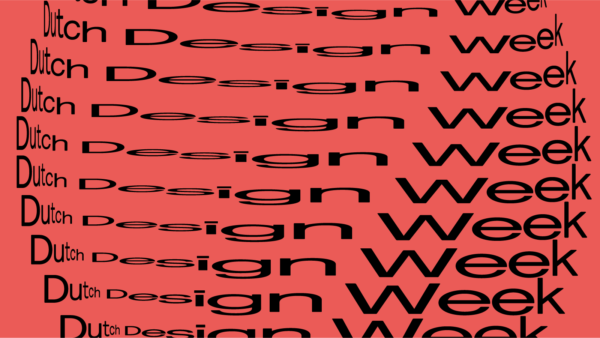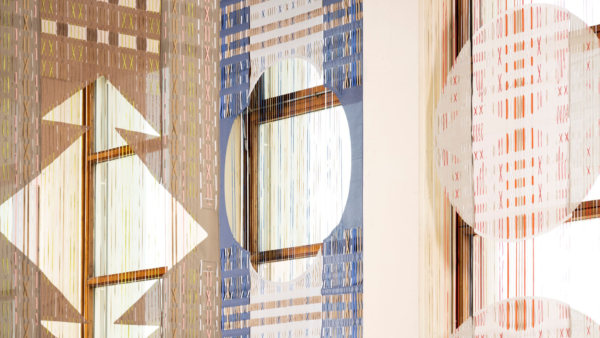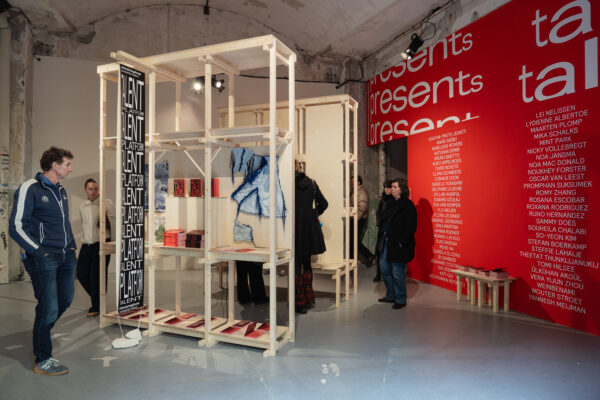

Talent Development – 55 grants awarded
Every year, the Creative Industries Fund NL offers emerging design talent the free space to focus on artistic and professional growth. The 2025 group has now been determined by the advisory committee. Read more about the selection and about their kick-off session.
26 November 2024
After a pre-selection from over 270 portfolios in the first round of the Talent Development Grant Scheme and scout nights, the selection committee assessed 98 development plans in the second round, from which 28 through scout nights. The scout nights, during which young makers presented themselves to a jury, took place in Amsterdam, Rotterdam, Eindhoven and Zwolle. This year, the fund also organised a scout night in the Caribbean part of the Kingdom for the first time. After a pitch and mentoring process, four creators were awarded the development grant through this scout night.
Advisers Cye Wong Loi Sing, Giorgio Toppin, Tessa Geuze, Yin Yin Wong, Wisse Ankersmit, Nicole Maurer, Roos Groothuizen, Harriët Mbonjani and Daphne Bakker selected a total of 55 plans. The selected makers and designers receive € 25,000, which gives them the opportunity to develop their practice further in the coming year, both artistically and professionally.
In the assessment, the committee paid attention to the quality of the objective and structure of the development plan, environmental awareness and positioning of the practice within the discipline and in the social context, development capacity and, finally, the degree to which the development plan and proposed activities contribute to the development of a distinctive and meaningful practice within the creative industry.

general impression
Applications to the Talent Development Grant Scheme this year continue to reflect the breadth and diversity of the creative industries. The selection presents a diverse generation of makers who are focusing on topical themes such as sustainability, inclusivity and the relationship between humans and non-humans. The committee sees strong artistic visions and a growing awareness of social issues, but calls on makers to be more daring and experimental outside their familiar networks.
There is a strong focus on participation and democratic processes within the discipline of architecture. Makers look for ways to break through structures and take responsibility in the use of materials and space. For instance, Yannesh Meijman is exploring spatial justice with audiovisual productions and new forms of organisational structures.

In design, the emphasis in many applications is on technical skills. Applicants who presented innovative perspectives were appreciated by the committee. Romy Zhang links socio-political issues to audiovisual narratives, for example, and Lydienne Albertoe brings new layers to her research into identity and heritage with experiments in handicrafts.
In digital culture, the balance between humans and non-humans is a recurring theme, with the humanisation of technology often taking centre stage. Makers like Mika Schalks, who explores queer representation in children’s animation, combine technology and content in innovative ways.
The committee appreciates practices that convincingly link themes such as sustainability, social justice and diversity to artistic innovation. Makers who boldly operate outside their networks and seek new forms of collaboration and presentation contribute to a more inclusive and future-proof creative field, according to the committee.

diversity and inclusion
In general, the level of diversity and inclusion in the Talent Development Grant Scheme applications is very high. This manifests itself in different aspects, such as education levels, the academies where makers graduate, and the themes they commit to. Furthermore, there is great diversity among the group of applicants in terms of cultural background, gender, disabilities (visible and invisible), neurodiversity and geographical distribution.
However, the committee does advise applicants to also seek expertise outside their own network for more diverse perspectives. It is also noticeable that activism in this group has declined slightly compared to previous years.
selection
The following 55 designers and makers have been selected:
Anaïs Saebu
Annelieke Rovers
Batuhan Demir
Bruno Baietto
buro Appelmoes
Christel Rickets
Clara Schweers
Connor Cook
Daniela Tokashiki Kunigami
Delphine Lejeune
Dyllan Ahinful
Edward July
Eva van Kempen
Flo Meijer
Flora Lechner
Gabriel Giordano
Gino Martina
Hanna Rudner
Hsiang-Lin Kuo
Ilias Bardaa
Irene Ha
Izabela Slodka
Jean-Baptiste Gambier
Josianne Coutinho
Kai Udema
Katiuska Quiñones
Kotayaman Refwutu
Lei Nelissen
Lydienne Albertoe
Maarten Plomp
Maria Agatha Prieto Jeanty
Mika Schalks
Mint Park
Nicky Vollebregt
Noa Jansma
Noa Mac Donald
Noukhey Forster
Oscar van Leest
Promphan Suksumek
Romy Zhang
Rosana Escobar
Roxana Rodriguez
Runo Hernandez
Sammy Does
Souheila Chalabi
So-Yeon Kim
Stefan Boerkamp
Studio WEINBENAMI
Steffie La Haije
Theetat Thunkijjanukij
Tomi Hilsee
Ülkühan Akgül
Wouter Stroet
Yannesh Meijman
Yijun Zhou

kick-off
Because the Fund attaches great value to the exchange of knowledge and also wishes to connect individual makers with each other, we organised a kick-off for all the makers and designers mentioned above on 19 September 2024. This year, the session took place at ’t Gagel farm in Lochem, a place where regenerative design and sustainability play a central role. On arrival, the participants were welcomed by Anne van Leeuwen, co-founder of ’t Gagel, who gave an introduction to regenerative design. Participants were then able to explore the farm in small groups on guided tours, and there were three interactive workshops. The day finished with drinks.
In January and May, joint programmes with the talent group are planned once again. The sessions are used to network, exchange experiences about the development year and inspire each other.
